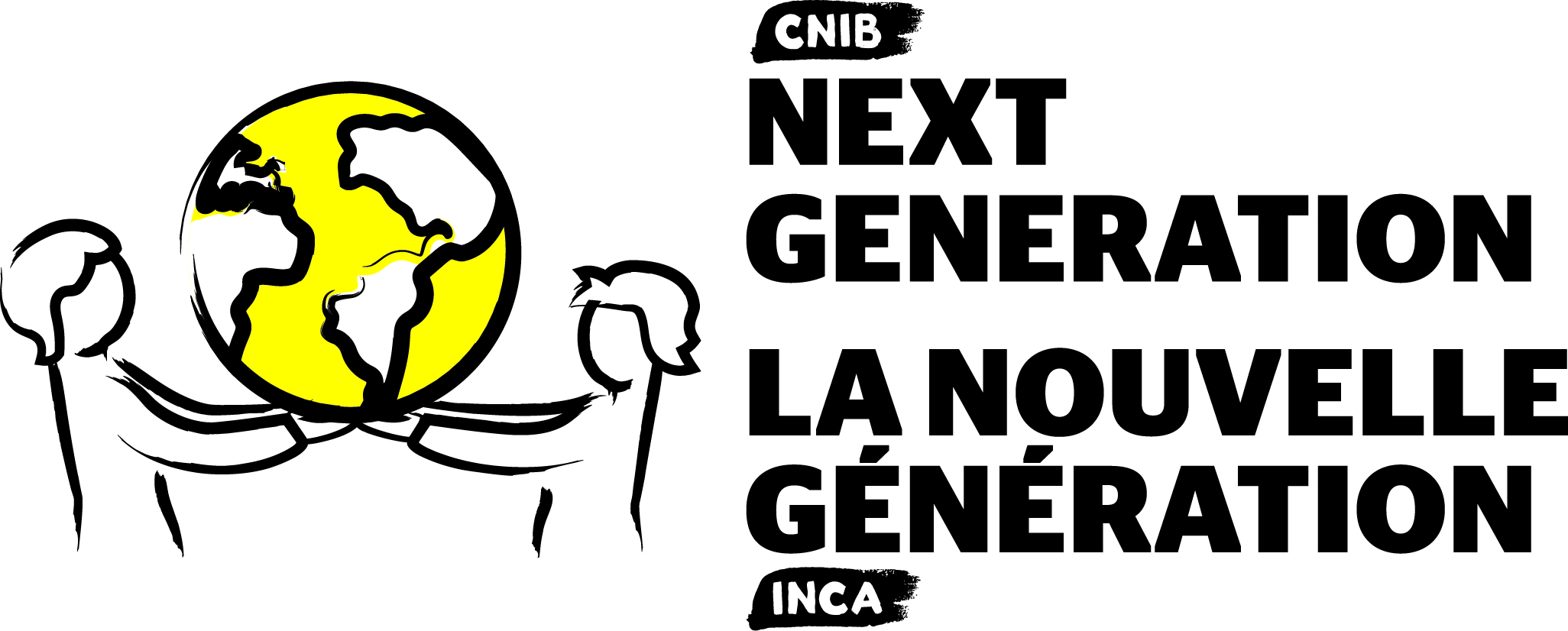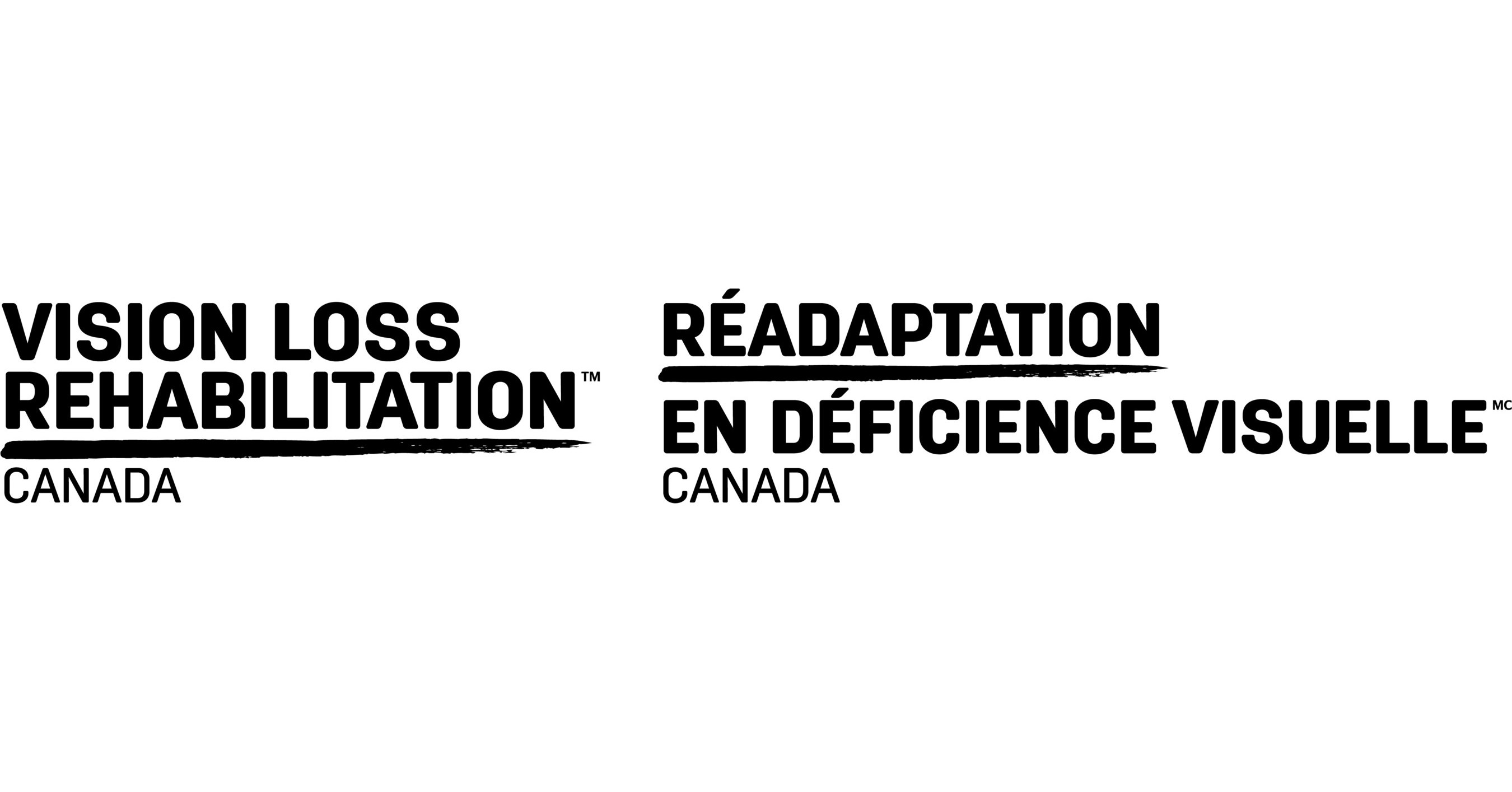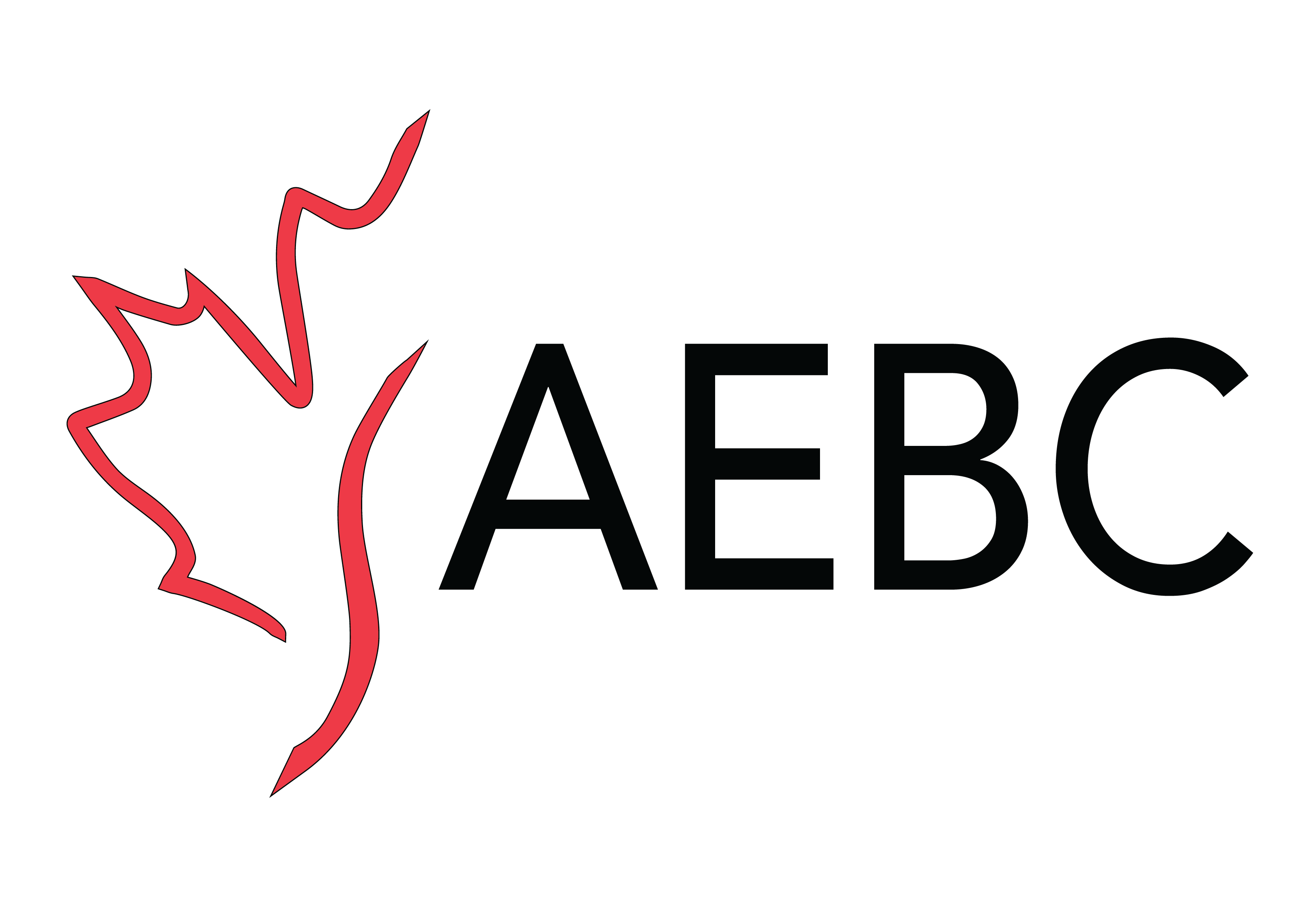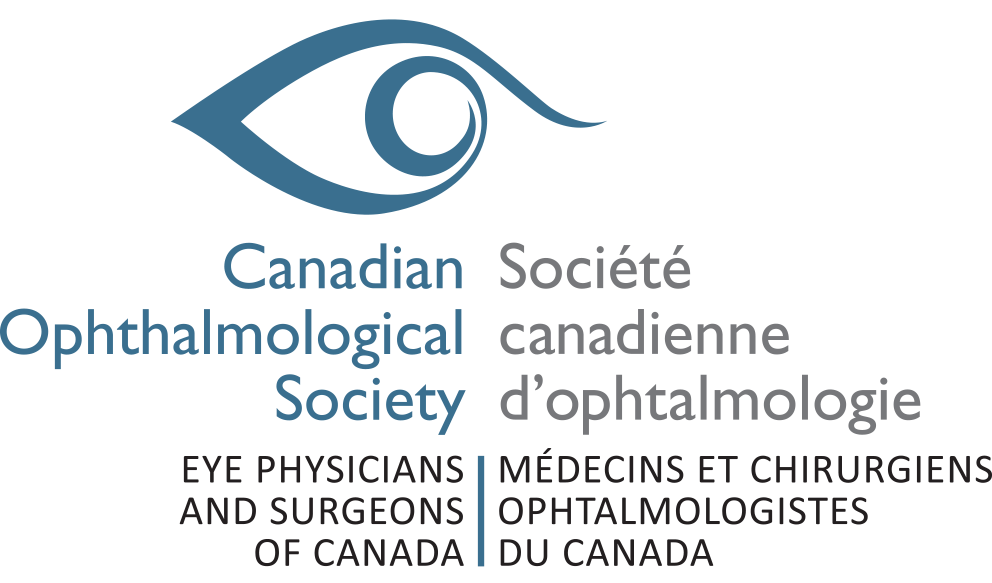
CNIB Next Generation is a new holistic program that will help break down barriers for the next generation of Canadians who are blind, Deafblind, or who have low vision, and provide them with the wraparound support they need to thrive in and out of the classroom.
Parents are saying it loud and clear: they want better support and outcomes for their kids, both in and out of school. That’s why CNIB has made "Our Kids Will Thrive" a key commitment in our 2023-2028 strategic plan.
As part of our efforts to ensure children and families have the tools and resources they need to excel, we’re excited to introduce you to CNIB Next Generation – an innovative new program that will provide extensive support to youth and families impacted by blindness, low vision, or Deafblindness, enhancing our offerings for education, recreation, and daily life.
Here’s what you can expect from CNIB Next Generation:
- Expanded programming for kids and their families, including the creation of a new national parent support group
- New resources and roadmaps to help parents navigate the many different systems of support with greater ease
- Public awareness campaigns and advocacy initiatives focused on improving awareness and decreasing stigma in the health care and education sectors
- A new curriculum to teach educators and students how to make classrooms more inclusive for students who are blind, Deafblind, or who have low vision
- Further resources for parents in advocating with governments and ministries of education to make the necessary changes for students who are blind to excel
From broadening our programming to fostering inclusion in schools and advocating for change, CNIB Next Generation will help break down barriers for the next generation of Canadians who are blind and provide them with the wraparound support they need to thrive in and out of the classroom.
Meet the 10 amazing kids under 10 years old who are helping us show the world that the next generation of children impacted by blindness are destined for greatness!
The Charter of Rights of Children Who Are Blind or Low Vision

Sign your support to demand change within the education and health care community so our kids can thrive.
As part of our 2023-2028 strategic plan, The Way Forward, we consulted thousands of parents across the country about their wants and needs for children who are blind or low vision, and their families.
Our findings indicated that too many children are getting left behind, and we must even the playing field to ensure all children receive the same opportunities regardless of who they are.
We created a Charter to establish a child’s rights to appropriate referrals for community supports, both educational and medical, at the time of diagnosis. It will also give children and parents the support they need to excel in and out of school through timely access to assistive technology devices, accessible classroom materials, and the right accommodations.
Support for the Charter









Thank you for joining us in our commitment to establish and fight for the rights of children who are blind, Deafblind, or have low vision.
It is time we make an unwavering commitment to children and youth who are blind, Deafblind, or have low vision. With the right supports for children and their families, children who are blind, Deafblind, or have low vision can achieve the same outcomes as their sighted peers. This charter only works if all children in Canada have access to their first eye exam at 6 months, again at 2 years old, and every year after.
We will ensure barriers are eliminated for children with blindness, Deafblindness, and low vision so they have the same opportunities as any other children to achieve their true potential. In pursuit of this goal, stakeholders across the health care, educational, and legislative systems must put in place these essential building blocks:
- Early identification of vision problems
- Elimination of social stigmas
- Implementation of best practices, accountability measures, and opportunities for continuous learning about the challenges associated with blindness, Deafblindness, and low vision among health care and educational professionals
Commitments of Health Care Professionals
Children who are blind, Deafblind, or have low vision and their families, including those in rural and remote areas, must be able to rely on health care professionals or a commitment to providing:
- Clear, accessible, and comprehensive information relating to eye health;
- Referrals to community support services at the time of diagnosis;
- And health care professionals who advocate for the child and family, collaborating with other professionals throughout the continuum of care.
Commitments of the Educational System
Students who are blind, Deafblind, or have low vision and their families must receive a commitment from the educational system to:
- Integrate low vision, blindness, and Deafblindness into the general curriculum to cultivate a culture of equal participation and inclusion;
- Equip teachers with the tools, training, and resources needed to support students who are blind, Deafblind, or have low vision;
- And provide students with timely access to technology, devices, materials, and accommodations – including ensuring the physical and social environment is inclusive, extracurricular activities are accessible, and braille support is provided to every child who needs it.
Commitments of Families
Families of children who are blind, Deafblind, or have low vision will commit to:
- maintaining regular communication with health care, educational, and other community partners who interact with their child;
- keeping appointments and following up on referrals and recommendations related to their child’s wellness;
- and being transparent about changes in their child’s situation (e.g., change in sight, change in behaviour, etc.) so their care team can best support the child’s changing needs.
Thank you for joining us in our commitment to establish the rights of children who are blind, Deafblind or have low vision so our kids can thrive.
By entering and submitting the following details, you agree to signing your name in support of the Charter of Rights of Children who are Blind or Low Vision.

